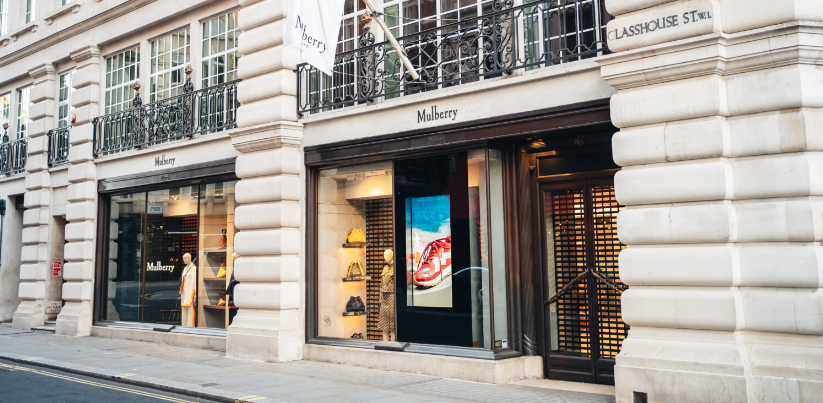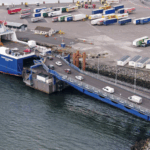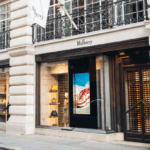Britain’s top retail, luxury, and fashion organisations have issued a united call for the government to reinstate tax-free shopping for international tourists, warning that the lack of such a scheme is damaging the UK’s global competitiveness and undermining the ability of businesses to weather mounting trade pressures — particularly from US tariffs.
In a joint letter to Chancellor Rachel Reeves, four of the country’s leading trade bodies — the British Retail Consortium, British Beauty Council, British Fashion Council, and Walpole — argued that restoring VAT-free shopping is a “proven growth strategy,” not a luxury. The letter stressed that urgent action is needed as American tariffs hit British exporters, especially in fashion, beauty, and luxury goods.
“US tariffs will negatively impact our businesses’ profitability,” the letter stated. “We are considering how we, as associations, and the UK government could best support businesses at this time.”
Industry figures say the tariffs, introduced under President Trump’s ongoing protectionist policies, are already hurting sales, leading to cancelled orders and reduced demand from American buyers. Some UK brands have scaled back their US operations entirely, while others report that American consumers are increasingly shopping for luxury goods abroad — where tax-free shopping remains available in cities like Paris, Milan, and Madrid.
Since Brexit, the UK has scrapped VAT refunds for international visitors. While the Treasury argued the move would save hundreds of millions in annual revenue, critics say it has made Britain less attractive as a shopping destination for wealthy travellers. Business groups now argue that reinstating the scheme would more than pay for itself through increased spending.
According to consultancy Bain & Company, each £1 spent by a high-value tourist generates £8 across the wider UK economy. With luxury travellers spending up to 14 times more than average visitors — mostly on shopping, culture, and hospitality — the loss of VAT incentives is being felt across high streets, hotels, and entertainment venues.
Tourist spending in 2024 is expected to remain nearly 10% below pre-pandemic levels, according to VisitBritain. Trade leaders warn that the absence of tax-free shopping is compounding this shortfall, putting jobs and supply chains at risk.
Despite a prior review of the policy by the Office for Budget Responsibility (OBR), former chancellor Jeremy Hunt resisted pressure to reinstate the scheme. On Thursday, the Treasury reaffirmed its position, stating: “We have no plans to introduce a new tax-free shopping scheme in Great Britain.”
However, with British exporters under pressure and rival European cities reaping the benefits of VAT-free incentives, business leaders say inaction could cost far more in lost trade than it saves in revenue.
As Chancellor Reeves prepares to outline her first economic priorities, the future of tax-free shopping may emerge as an early test of her support for UK exporters, tourism, and high street recovery.








